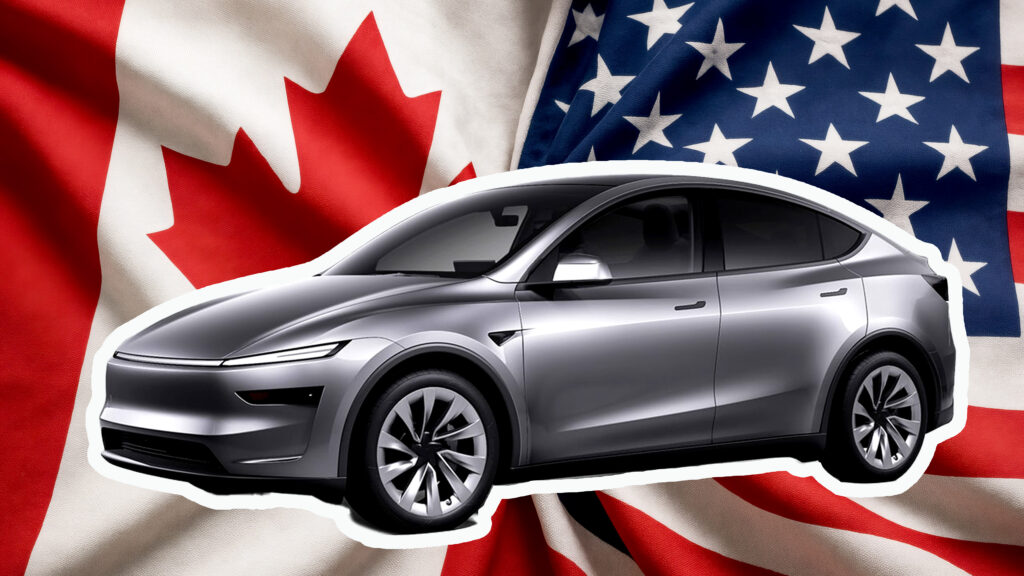Trade Tensions

Trade relations between Canada and the United States have taken another twist with Canada levying a 25% tariff on American-made cars. This new tariff marks a significant moment in the ongoing tug-of-war concerning trade policies across these borders. It’s not just about reciprocating U.S. tariffs; it’s a more calculated move, strongly focusing on those vehicles that don’t align with the rules set by the U.S.-Mexico-Canada Agreement (USMCA).
Tariff Details

The core aim of this measure is to protect Canadian auto jobs while skillfully pressuring U.S. trade negotiators. Notably, Canada has exempted Mexican-built vehicles and parts from this tariff in a bid to keep their strategic alliances intact. Flavio Volpe from the Automotive Parts Manufacturers’ Association has highlighted the importance of maintaining strong ties with Mexico during this period.
These tariffs particularly target automakers whose production hasn’t shifted enough to meet the USMCA stipulations. Affected are those using parts sourced outside of Canada or Mexico. The situation is particularly tense because these tariffs may potentially drive up prices for U.S. cars in Canada, making them less competitive against vehicles assembled elsewhere.
Economic Impact

This move from Canada is drawing sharp contrasts with the U.A.W. in the U.S., which has generally been supportive of tariffs aiming to bolster domestic jobs. However, Canadian labor unions like Unifor are vocal in advocating for these countermeasures as necessary retaliation to protect their industry and workers.
While the durability and broader impacts of this clash are uncertain, Canada is setting a strong precedent indicating it won’t quietly accept unfavorable trade terms that could damage its automotive sector. Whether this diplomatic play results in a resolution or further escalations will be a notable watchpoint in North American trade dynamics.
XT6 Retires This Year
Brabus Unveils Powerhouse
Cybertruck Trouble
VW Charges Ahead
2026 Subaru Outback